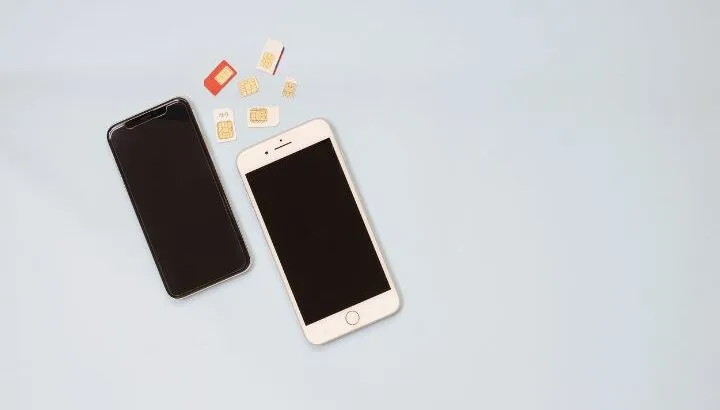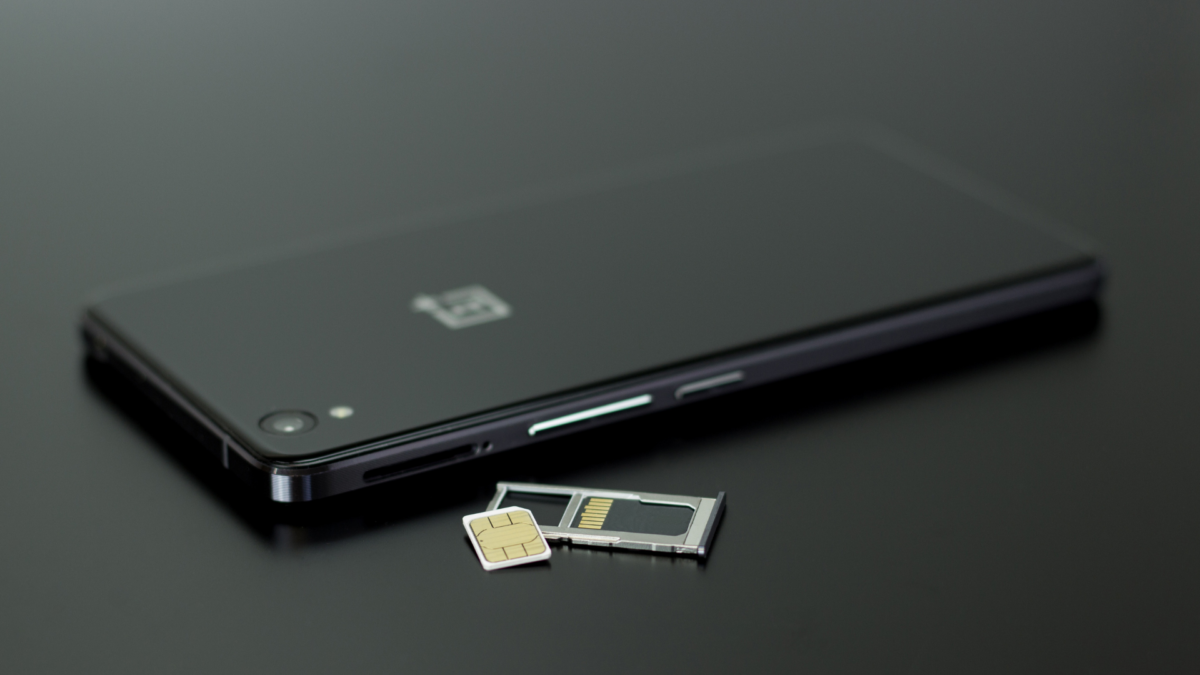As technology advances, staying connected is more crucial than ever. With the advent of eSIM technology, the process of switching phones has become more streamlined, eliminating the need for physical SIM cards. If you’re wondering how to move eSIM from one phone to another seamlessly, you’ve come to the right place. In this comprehensive guide, we’ll walk you through the step-by-step process to ensure a smooth transition.
Related posts:
- How to transfer eSIM from Android to iPhone?
- How to transfer Google Fi esim to new phone?
- How to transfer eSIM from one iphone to another?
Can I transfer eSIM from one phone to another?
Yes, you can transfer an eSIM from one phone to another. The process may vary slightly depending on the devices and mobile service providers involved, but before starting to move eSIM from one phone to another, keep in mind some notes:
- Check compatibility: Before initiating the transfer process, confirm that both your old and new phones support eSIM functionality here. While most modern smartphones offer eSIM support, it’s advisable to verify this compatibility to ensure a smooth transition.
- Backup your data: Prioritize the protection of your valuable data by creating a backup on your old phone. This precautionary step prevents the risk of data loss during the transfer, encompassing crucial elements like contacts, photos, messages, and other essential information.

How to move eSIM from one phone to another
Moving an eSIM from one phone to another involves a few key steps to ensure a smooth transition. By following these steps, you can successfully move eSIM from one phone to another, maintaining uninterrupted connectivity on your new device.

Step 1: Check compatibility
Start by checking the eSIM compatibility of both your old and new phones. Although most modern smartphones support eSIM, it’s prudent to double-check this feature to avoid any unforeseen issues during the transfer process.
Step 2: Back-up data
Minimize the risk of data loss by performing a comprehensive backup of important information from your old phone. This includes contacts, photos, messages, and any other data you consider necessary. This precaution ensures a smooth transition without sacrificing important content.
Step 3: Deactivate eSIM on old phone
Head to the settings on your old phone and locate the eSIM section. Within this menu, select the option to deactivate the eSIM. This step is critical as it releases the eSIM from your old device, making it available for seamless transfer.
Step 4: Obtain QR code or activation details
Contact your new carrier or service provider to get the tools needed for eSIM migration. Usually, they will provide you with a QR code or activation details. This information is important to start eSIM activation on your new device.
Step 5: Activate eSIM on the new phone
Access the eSIM settings on your new phone and choose the ‘Add new eSIM’ option. Follow the on-screen prompts to input the QR code or activation details provided by your carrier. This step ensures a secure and accurate activation process. For the details: How to activate your eSIM?
Step 6: Test and confirm
After successfully activating the eSIM on your new device, conduct thorough tests to verify the functionality of calls, messages, and data services. This testing phase is key to confirming the seamless transfer and addressing any potential issues promptly.
Related post: eSIM transfer not working: How to solve?
FAQs
1. How do I use the same eSIM on two phones?
It’s not possible to use the same eSIM on two phones simultaneously, as each eSIM is device-specific and tied to a unique mobile number. Even if a device supports multiple eSIMs, you can’t share the same mobile number across different phones using eSIMs. Activating the eSIM on a second device will deactivate it on the first one. For the same number on multiple devices, explore alternatives like call forwarding or data syncing.
2. How long does it take to transfer eSIM to another phone?
The time it takes to move eSIM from one phone to another may vary based on a number of factors, including your mobile carrier’s specific processes, the efficiency of their system, and the type of device involved. In general, the process is relatively quick and can often be completed within a few minutes. However, some service providers may take longer to process the transfer.
3. Where is the QR code for eSIM transfer?
To obtain your eSIM QR code, simply visit your carrier’s official website. Look for the eSIM activation or management section, where you’ll find the tools and information needed to generate your unique QR code for the eSIM transfer process.
Wrap up
How to move eSIM from one phone to another doesn’t have to be a complicated process. By following these simple steps, you can seamlessly transfer your eSIM, ensuring uninterrupted connectivity on your new device. Stay connected easily with the power of eSIM technology. If you encounter any difficulties during the process, don’t hesitate to reach out to your mobile service provider for personalized assistance.
















